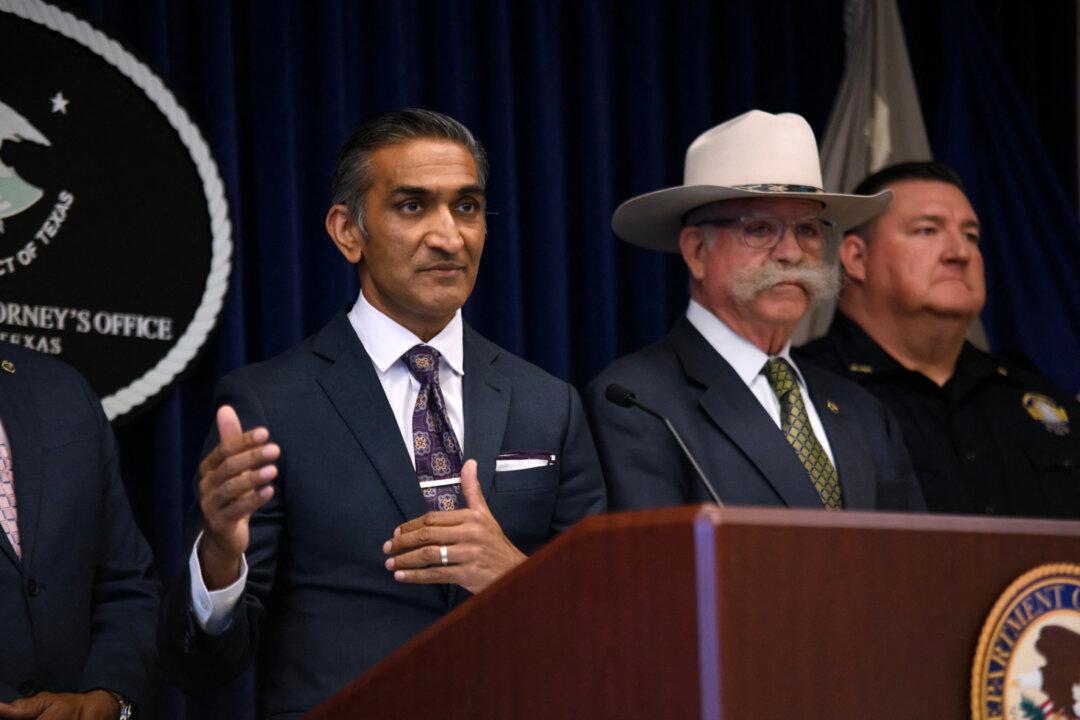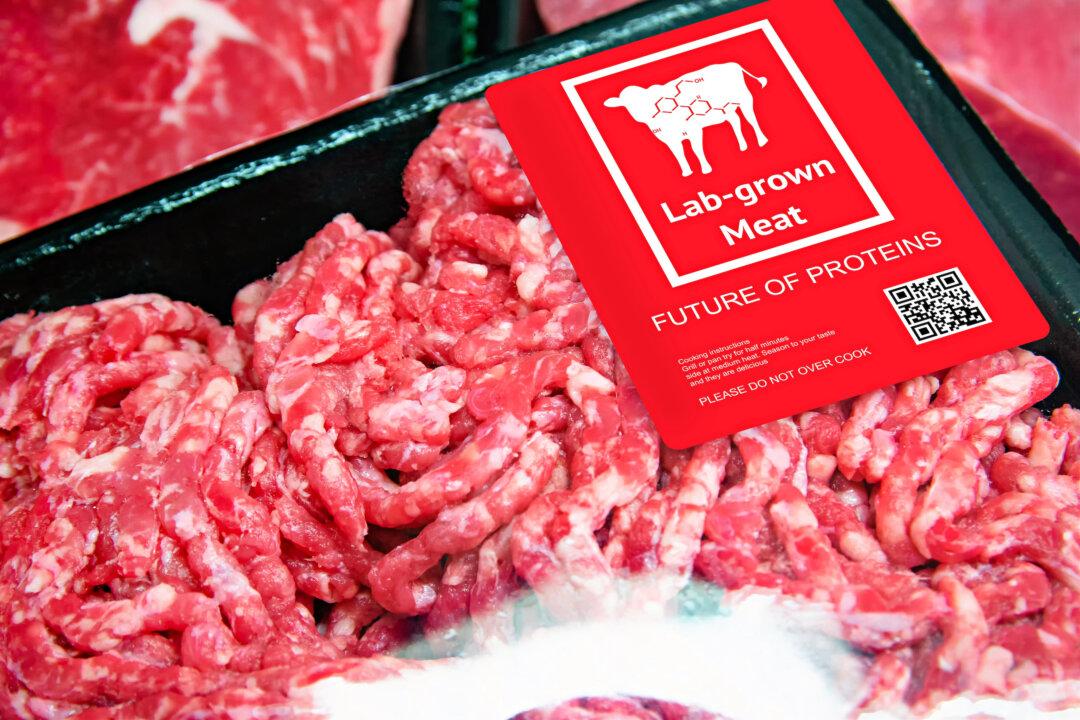Billionaire Elon Musk has taken aim at the powerful United Auto Workers (UAW), the union that represents the striking workers, in order to promote what he claims are better working conditions at his own automotive company, Tesla.
“Tesla and SpaceX factories have a great vibe. We encourage playing music and having some fun. Very important for people to look forward to coming to work!” Mr. Musk, the CEO of Tesla and SpaceX, said in a Sept. 14 post on X, formerly known as Twitter. “We pay more than the UAW btw, but performance expectations are also higher.”





